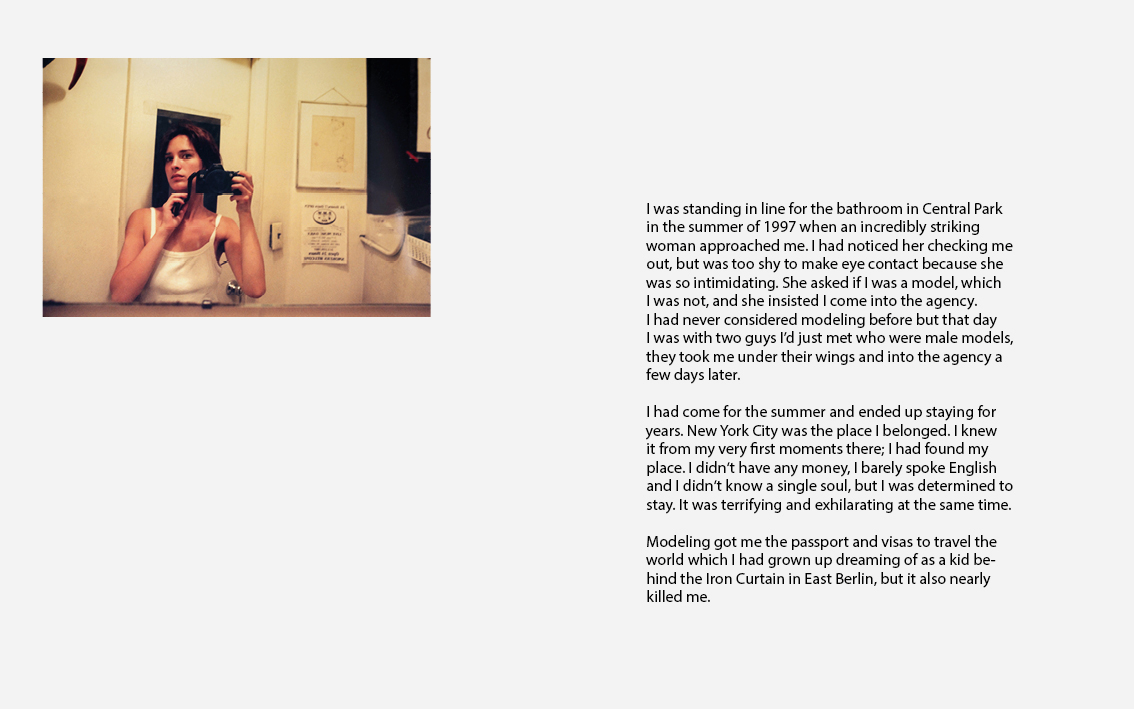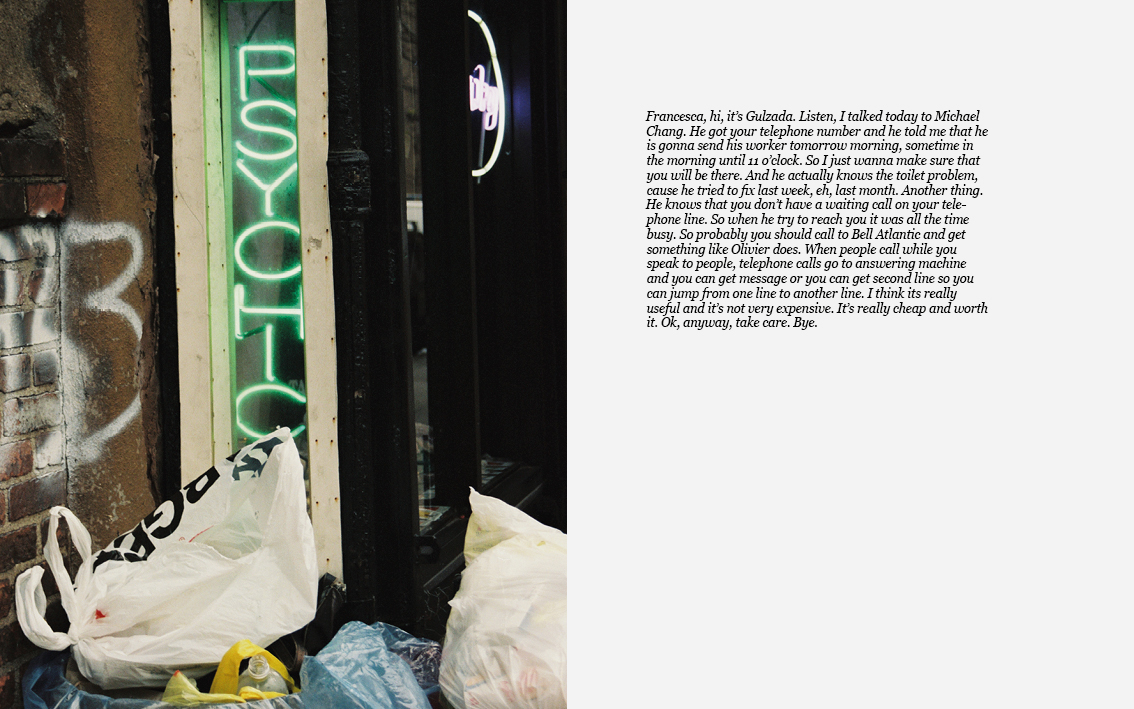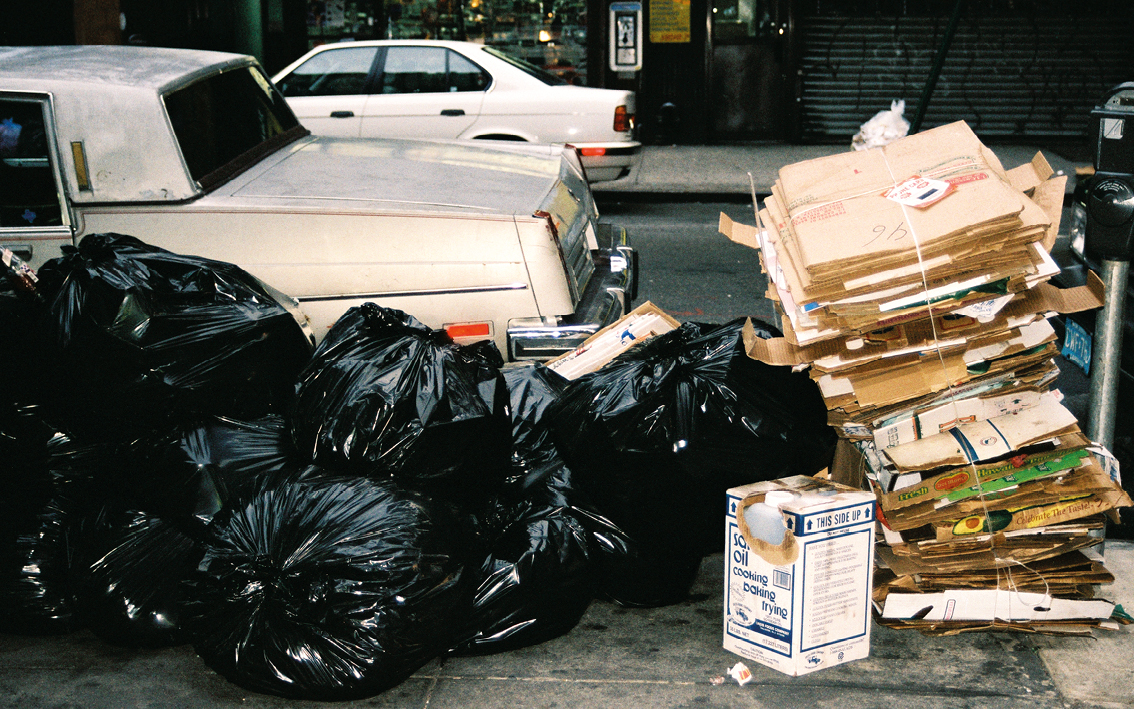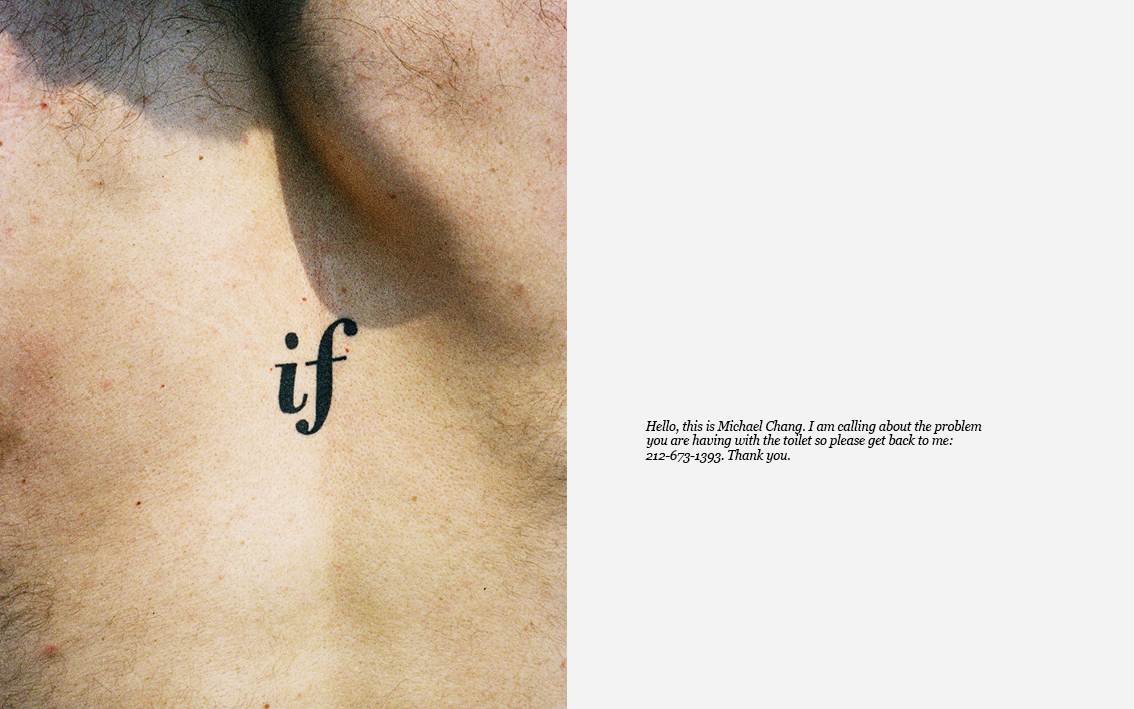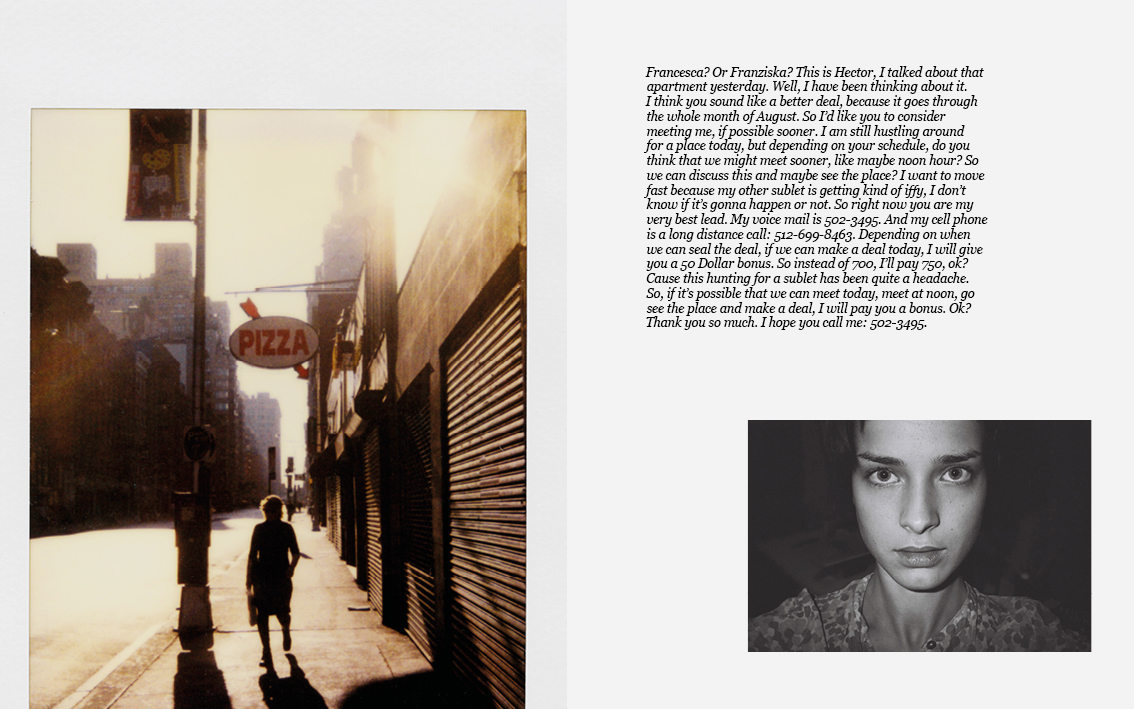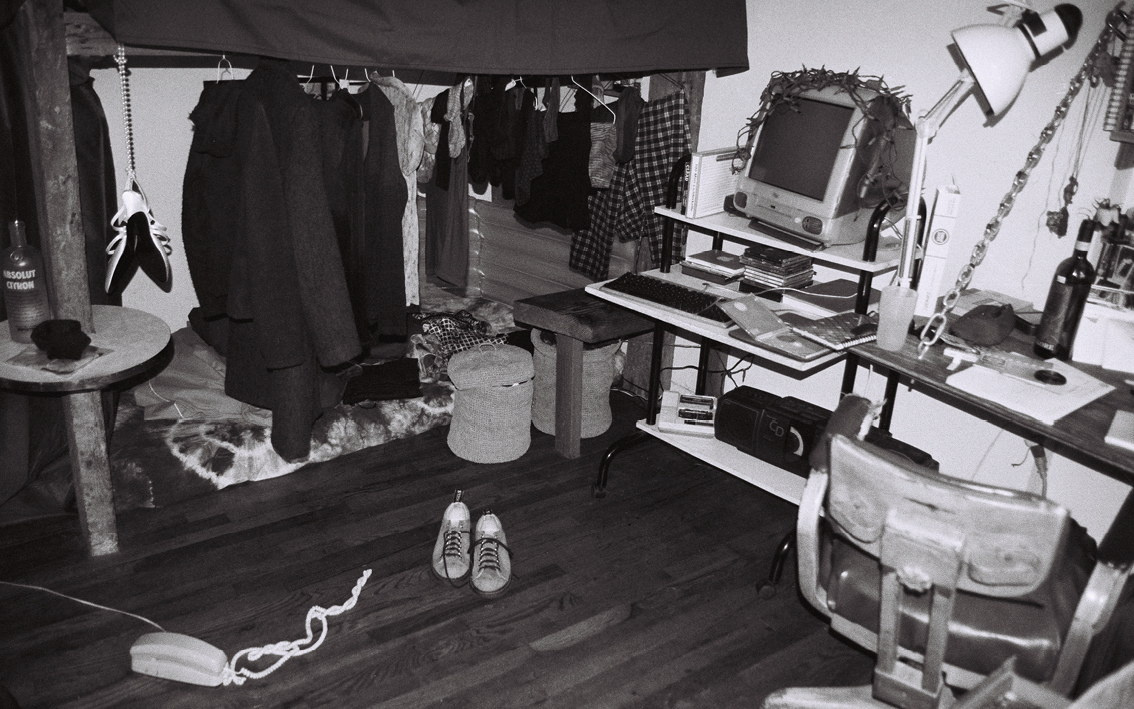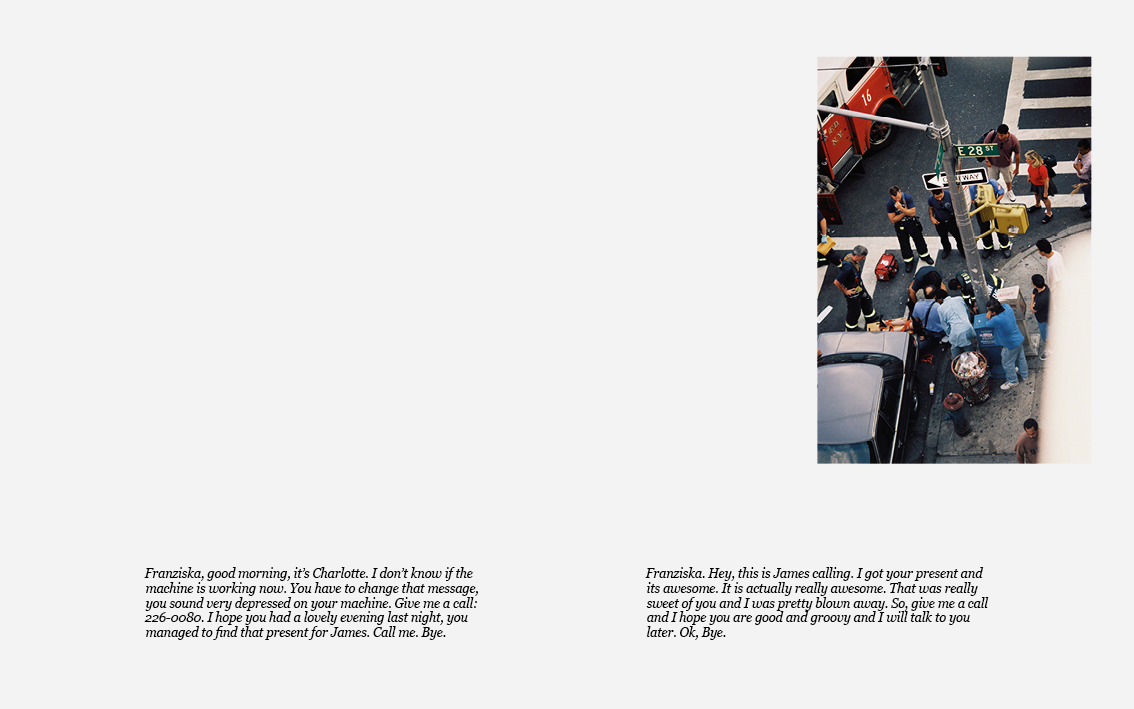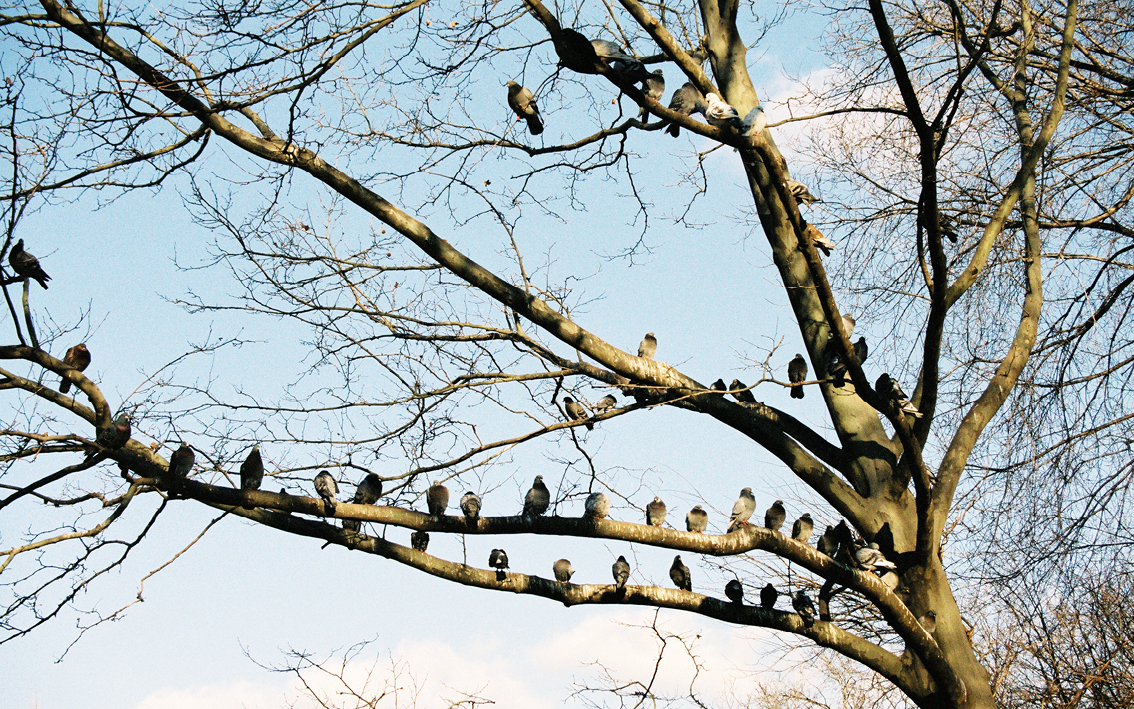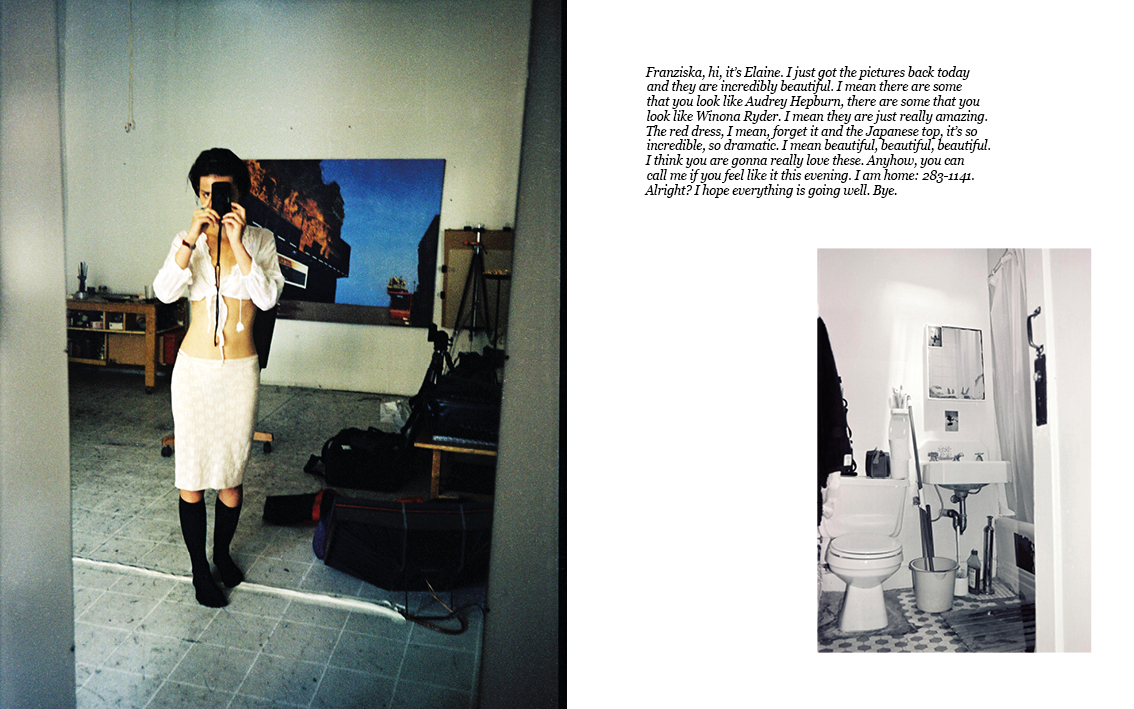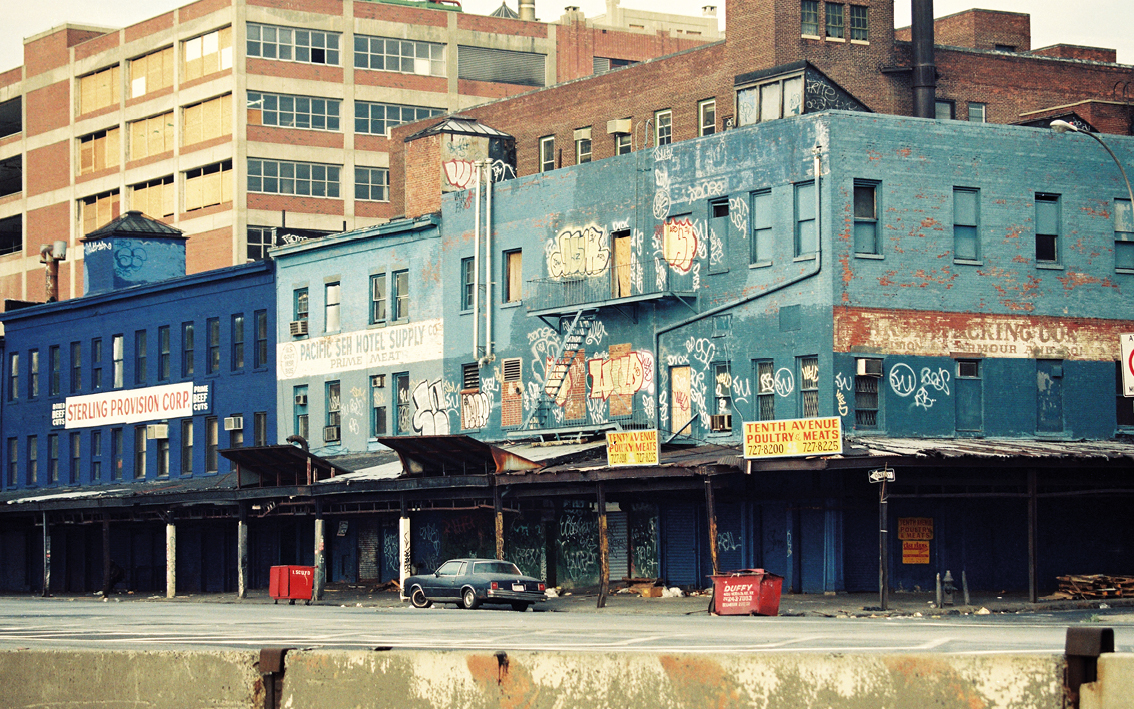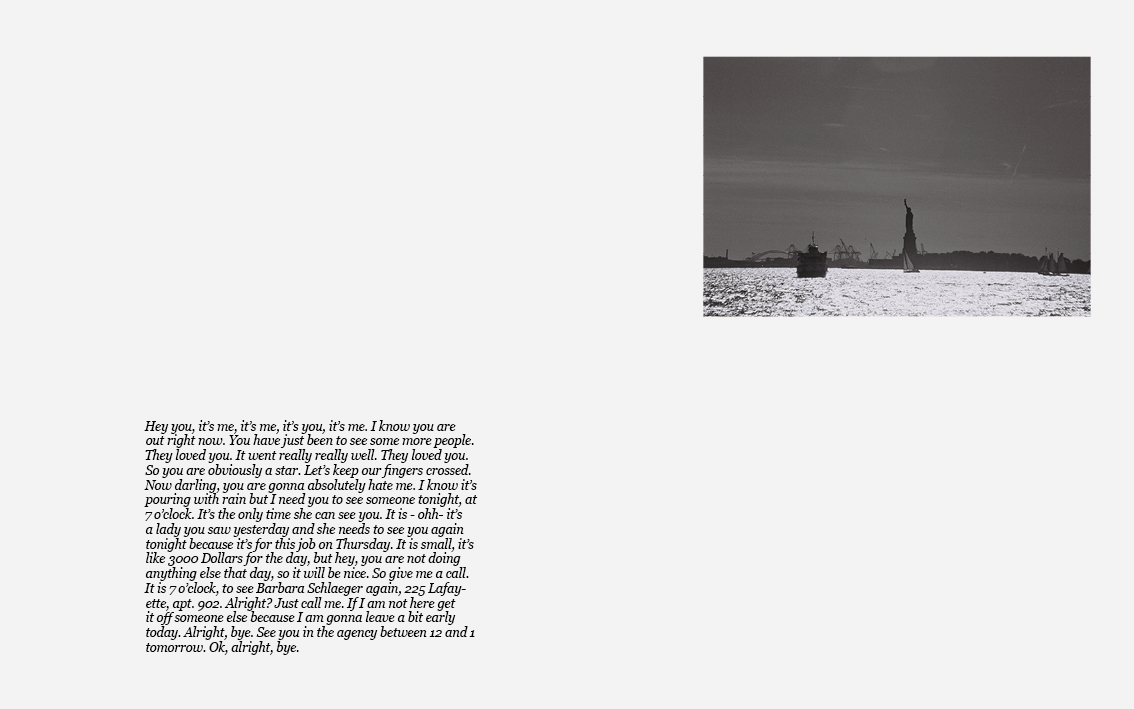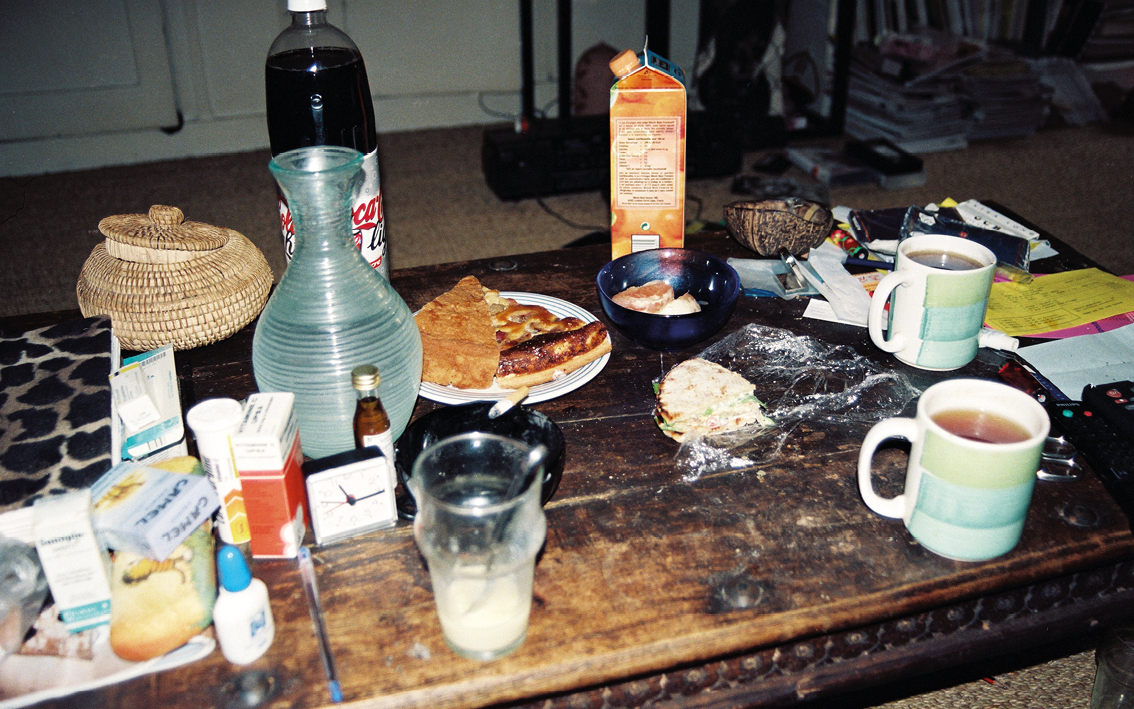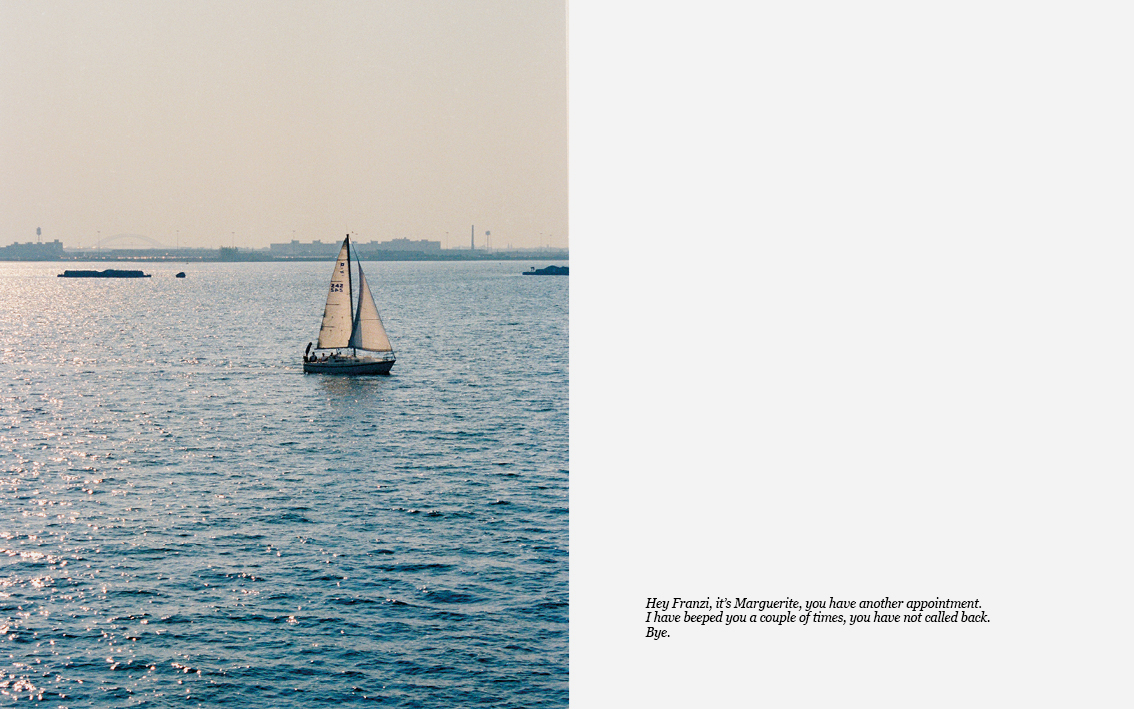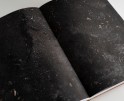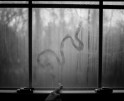Franziska Rieder: 1-212-5291432
Projects featured this week were selected from our most recent call-for-submissions. I was able to interview each of these artists to gain further insight into the bodies of work they shared. Today, we are looking at the series 1-212-5291432 by Franziska Rieder.
Franziska Rieder is a Berlin-based artist working with photography, interviews and archives. Rieder studied Documentary Photography and Photojournalism at the LCC in London, and North American and Latin American Studies at the Freie University, Berlin. Her work centers on the auto/biographical exploration of the body, the self, and the memories inscribed within it. In crafting these ambiguously personal and fictional narratives, Rieder employs found ephemera, audio recordings, poetry, family archives, diary entries, sorts through them, shuffles them, sorts them again before settling on a reading. Rieder’s primary interest lies with the story itself, the passing down of these stories through generations, and the ways in which they manifest themselves in our bodies and continue to shape our paths.
1-212-5291432: Voice Messages from late 90s New York City received an honorable mention at Landskrona Foto and is now shortlisted for the Kassel Dummy Award and being exhibited internationally. It will be published in the Spring of 2022.
Rieder’s photography can be seen in national and international publications such as Die Zeit, Süddeutsche Zeitung, Monopol Magazine, Architectural Digest.
1-212-5291432
Comprising portraits, street scenes and answering machine recordings, 1-212-5291432: Voice Messages from late 90s New York City draws a portrait of a quest of being and becoming, a coming-of-age story. And as such it is an exploration of my body, my self, memory and their place within their very own history. Resonating with diaristic immediacy, the pictures are loose, imperfect in that they are not thought through or composed but taken rather quickly and impulsive. The pictures were taken as a means to embrace my own reality; they were never intended to be more than a personal record, a keepsake. While it resembles a personal archive, taken as a whole, it tells of more than the girl depicted: it is a tale of the 1990s, of New York City in the 90s, of working in fashion, of becoming. However, while 1-212-5291432 is about memory, it is not about documentary truth. Taken by themselves, each part of the overall story may have started off with a documentary impetus, the self-portraits as well as the voice message recordings, they were not staged or altered in any way. Placed together or next to each other, however, they create an altogether new text which is as much a fictional account, telling a different version of the story depending on who is looking when and from where.
Daniel George: So, you began modeling in the late-90’s, as you recount in your artist statement. When did you decide to pick up a camera to make a visual record during that time of your life? What was your intention then, and how does that relate to the way we are viewing the photos now?
Franziska Rieder: I never consciously decided to pick up the camera to record. It was rather the other way around: the camera picked me up and helped me to navigate my new surroundings. It gave me an excuse to go places I was drawn to yet extremely intimidated by. The camera became my constant companion.
As is the case for a lot of my work, I rarely work with a preconceived idea and oftentimes a work only comes together after years. 212 is an archival work, both image and audio were found and only then made into something new.
At times I photographed excessively, more than photographing something in particular though, it was the act of taking the photograph that interested me, to reassure myself about my self and about this new reality I suddenly found myself in.
DG: The inclusion of the text from voice messages builds on the diaristic quality of this work. What prompted you to start collecting these messages, and what made you start pairing them with photographs? What do you feel they add?
FR: I am not sure what prompted me to keep those recordings in the first place. And I had actually forgotten all about them when suddenly my mother showed up with a brown paper bag contains the tapes with the voice messages. I recall the sensation I felt when listening to them again for the first time after 15 years. The voices transported me straight back into the situation. More than any written diary entry or picture ever could, this audio was able to make me recall faces and sentiments. Also though, those recordings of the people trying to reach “absent me” told so much about the time and place back then: agitated nervous calls from agents, people vying for my room to sublet, landlords calling about broken toilets; apologies are being made, weddings announced and canceled with the day, people leaving numbers and stories, at times many minutes long. That is why 1-212-5291432 started off as a multimedia piece and only after became a book. When pairing the photographs with the audio transcripts, the whole becomes less literal and it reveals the inherent fictional character of both, image and text. The messages added/lend a performative element to the work. And I like that.
DG: In your opening anecdote, you describe feeling too shy to look at the woman on the street who eventually approached you about modeling. I find it interesting that your photos exhibit the opposite—they show a boldness in looking. Maybe it’s a reach since I don’t know your personality or temperament, but do you feel that looking through a camera gives you clarity of vision in some way? If so, why do you suppose that it does this?
FR: Back then I felt very much emboldened behind a camera, I could somewhat hide behind it. I was generally rather shy, but I had immediately fallen hard for the city of NY and I felt driven to experience it all. To this day, I learn most when I walk with a camera; about myself and the world around me. The camera helps me to engage, I become a much better observer and a listener.
DG: You write that these pictures are intended to feel loose, imperfect, and impulsive. Looking at your website, this seems to be a style that you lean toward. Can you talk more about why you find this way of working so engaging?
FR: The photographs in 1-212-5291432 were neither staged nor altered, they are mainly snapshots taken as a means to embrace my own reality. They were never intended to be more than a personal record, a keepsake. That is not entirely something I would say about my work as a whole. But yes, in order for me to take a picture I must feel a personal connection. My aesthetic is very much intuitive, I am always after conveying the emotional quality of a moment in time, always voting for the poetic, the intimate, the imperfect.
Many of my stories are a conglomerate of materials taken and collected over periods of time. I carry the camera with me always and I take pictures every day. I guess this more spontaneous/intuitive way of working suits my scattered personality best. When it comes to editing I can be quite any annoying perfectionist, but while taking pictures I have to feel free to make “mistakes”, otherwise I freeze.
DG: Your interests in photography revolve around themes of autobiography and self. What compels you to share something so personal, and why do you feel that the photographic medium is best suited for the task?
FR: I have always loved learning about other people’s lives, the more trivial the aspects the better. There’s always something to learn from someone else’s autobiographical reflections. All genuine work stems from some place personal, some make that more explicit and some less. It can however be daunting to share work, it is a vulnerable position to be in, but that is part of the process.
It is also a question of re-appropriating my story, claiming a space for myself by retelling my story of becoming and unbecoming. A photograph is never ever definitive – it thereby become a perfect container. Depending on the context it is shown in, what they are paired with, who is looking when and from where, photographs tell a different version of the story again and again and thereby point to the fictionality, the construct of those supposed documents.
Posts on Lenscratch may not be reproduced without the permission of the Lenscratch staff and the photographer.
Recommended
-
Earth Month Photographers on Photographers: Josh Hobson in Conversation with Kes EfstathiouApril 19th, 2024
-
Earth Month Photographers on Photographers: Leonor Jurado in Conversation with Jessica HaysApril 18th, 2024
-
Ruotong Guan: Falling. Slowly. but,April 13th, 2024
-
Seth Adam Cook: As Big As The SkyApril 12th, 2024
-
Michael Borowski: AzurestApril 11th, 2024

